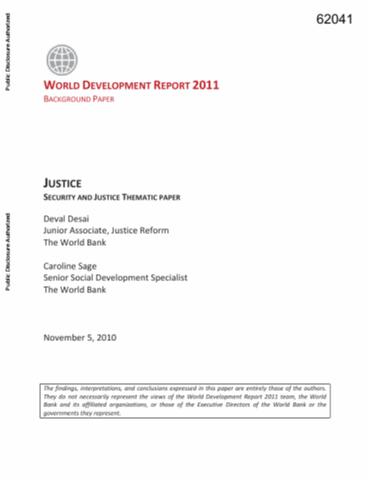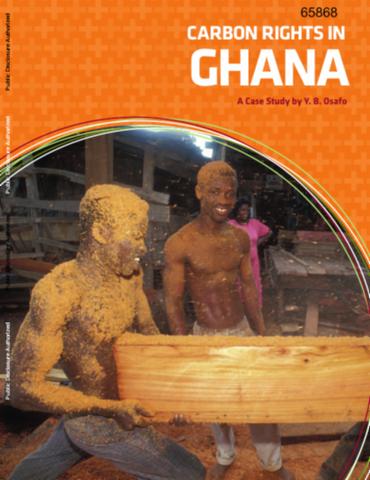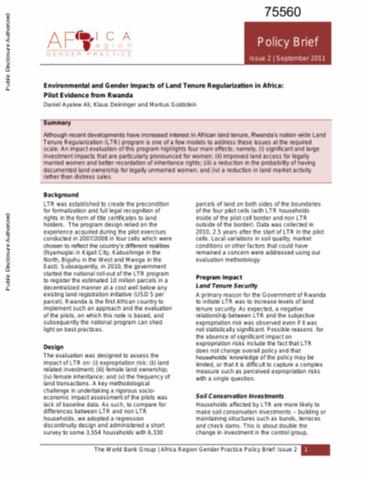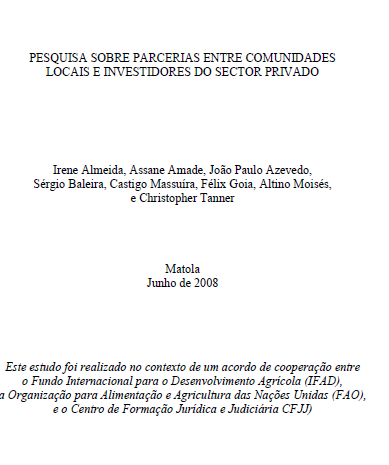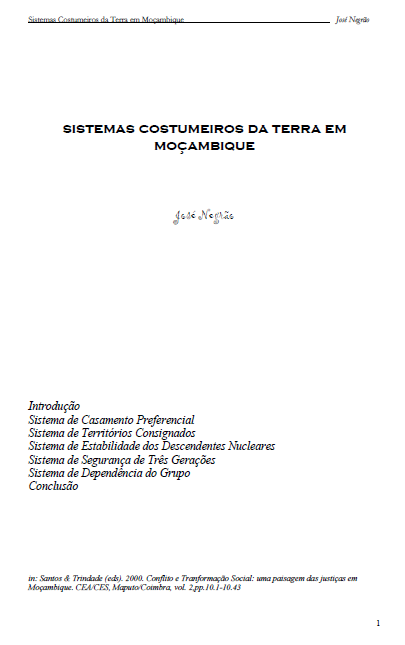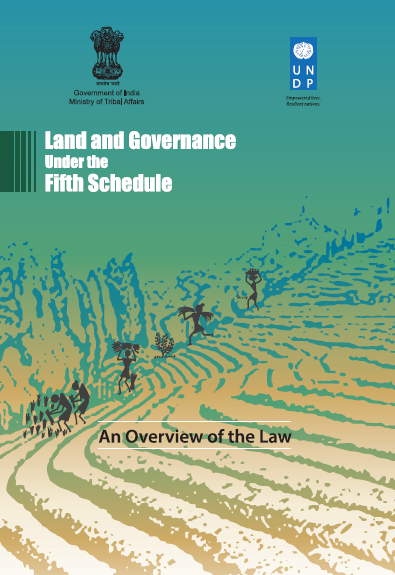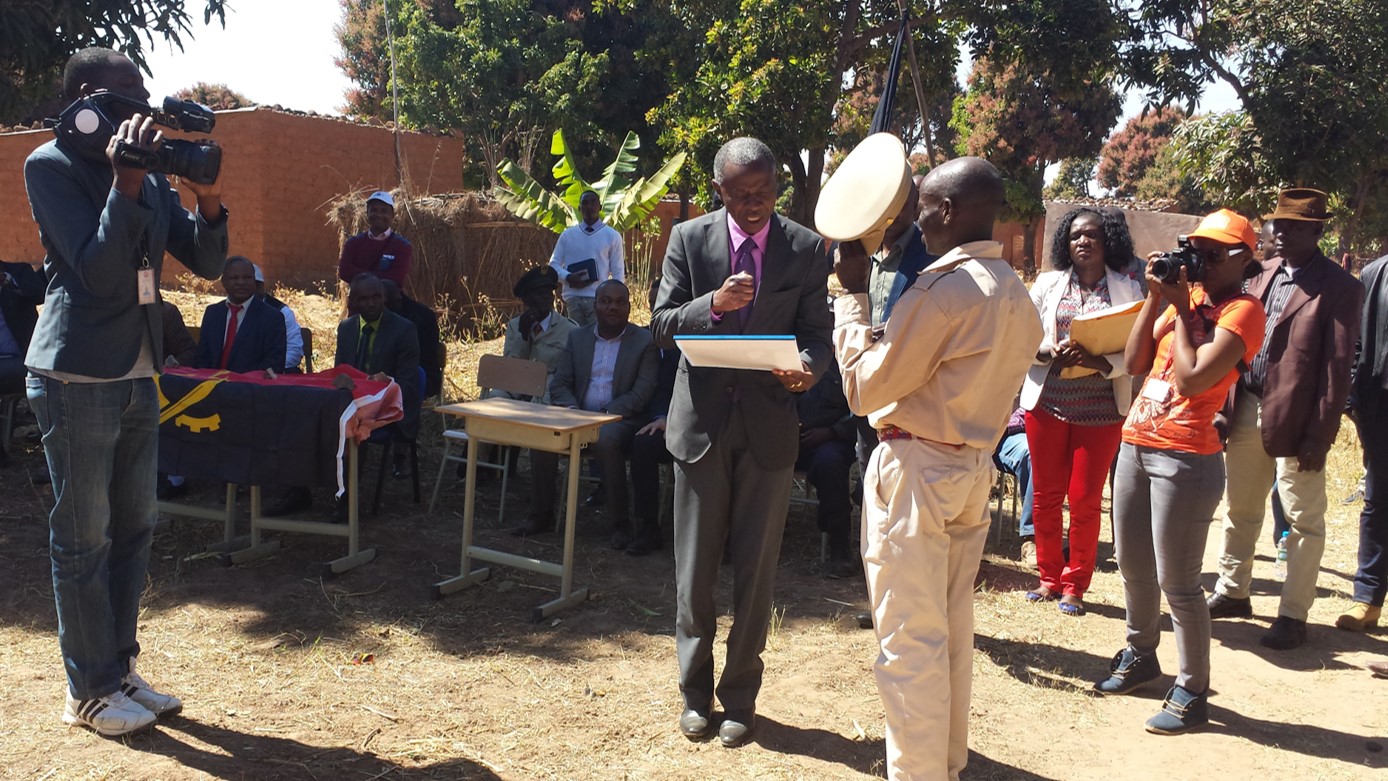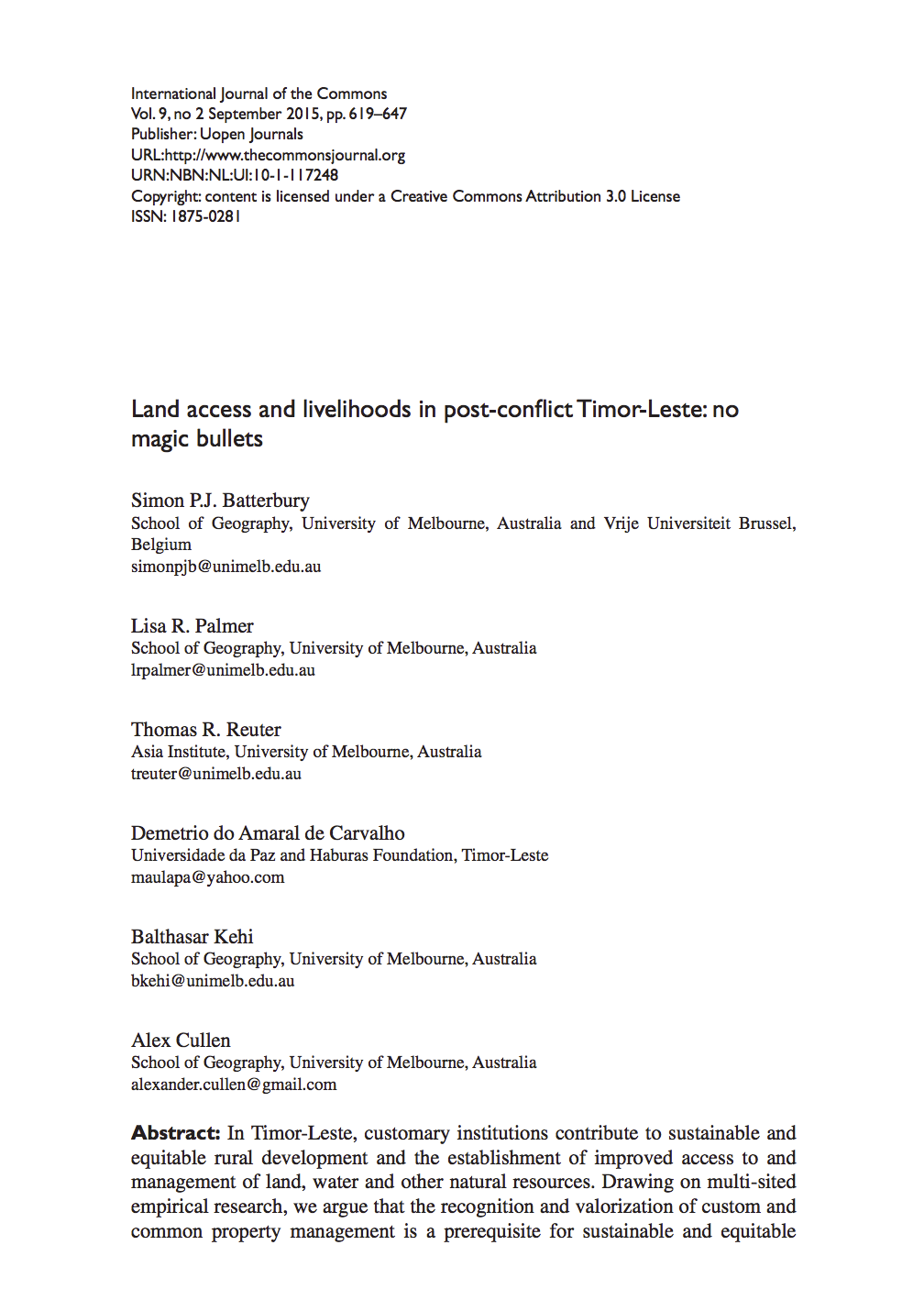Justice
There is broad recognition, across the political spectrum and in both 'northern' and 'southern' countries, that justice reform, and more generally the promotion of the 'rule of law', are central to development policy, particularly in conflict-affected, fragile and violent contexts. More recently an increased focus on global security and the interaction between security and development as put a renewed emphasis on such efforts.

